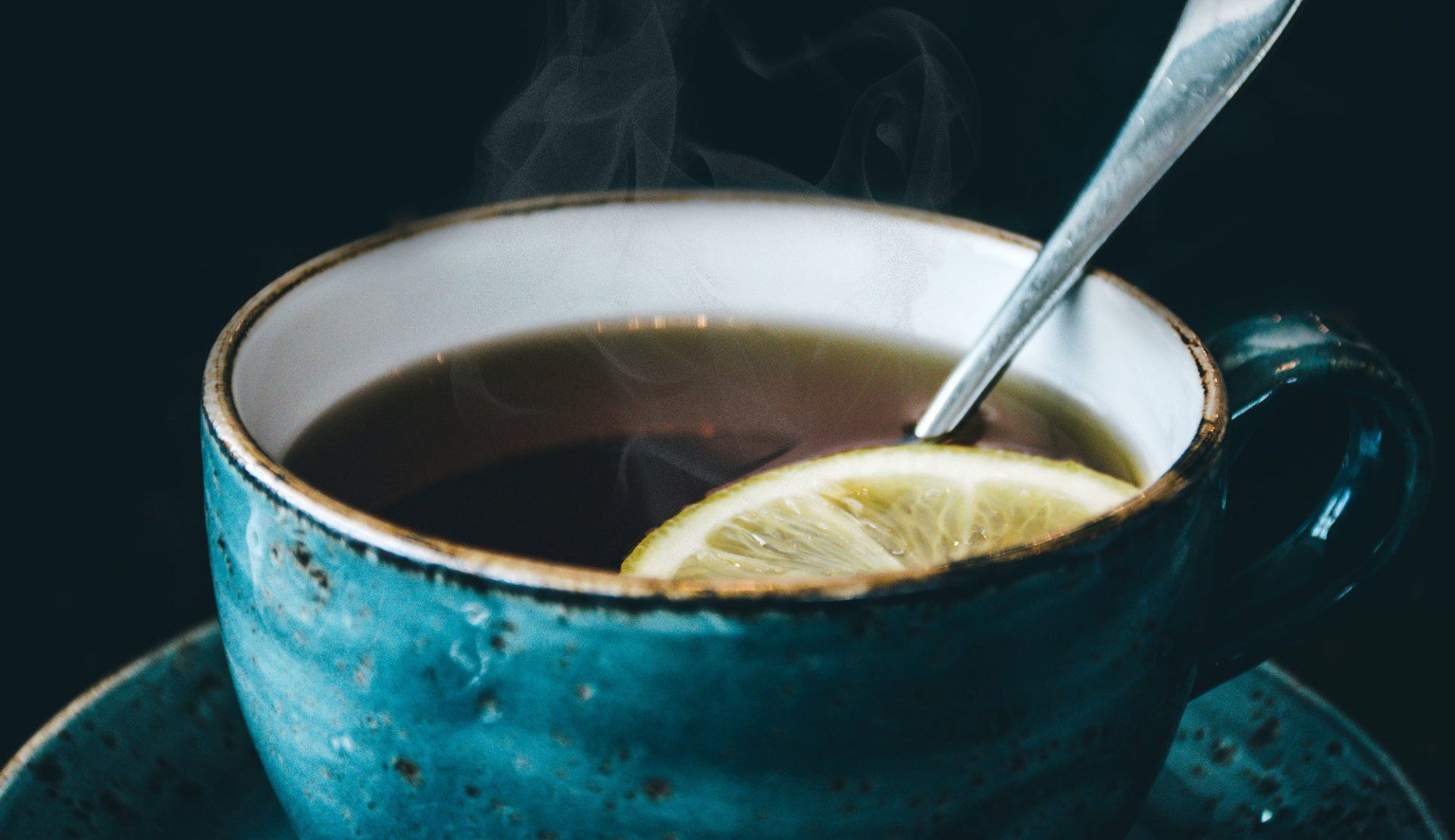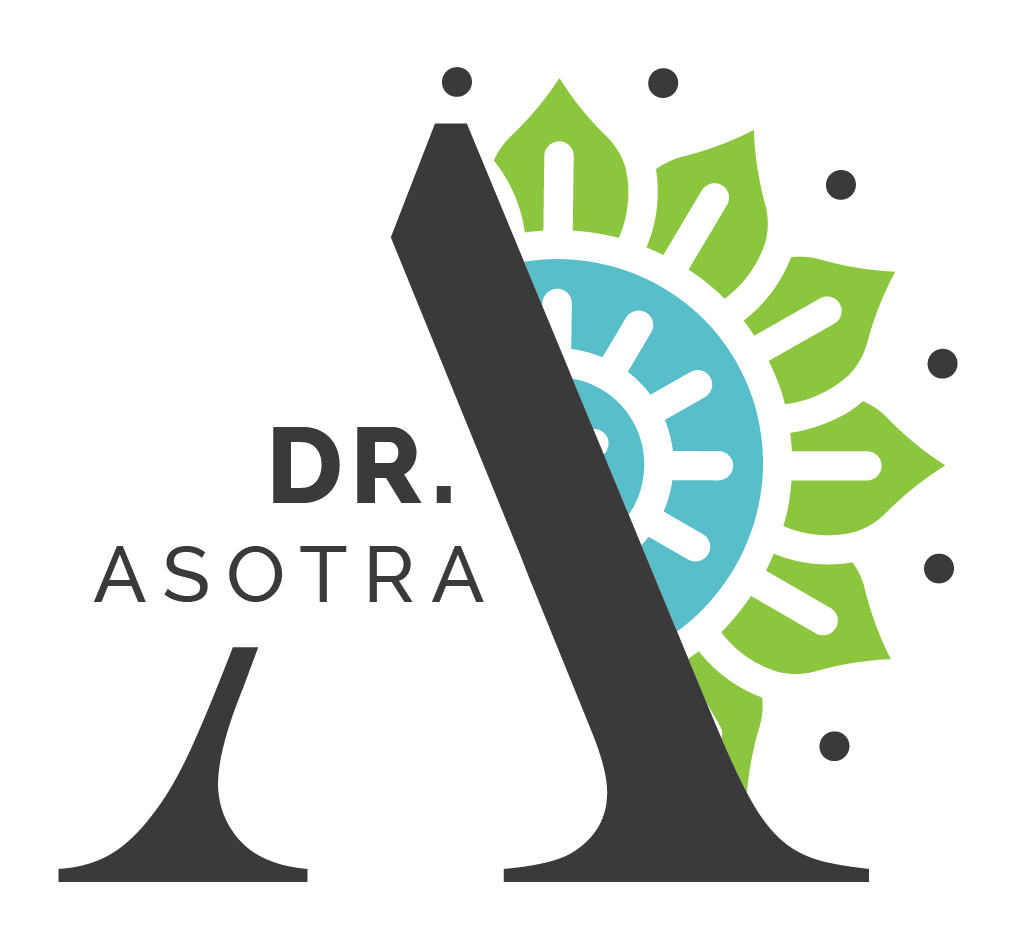Ayurveda and the Fountain of Youth: Live Healthier and Longer

For times immemorial, human beings looked at various aspects of life and tried to find secrets for longer lifespans with healthy bodies. A story of the "Water of Life" appears in the Eastern versions of the Alexander romance , which describes Alexander the Great and his servant crossing the Land of Darkness to find the restorative spring. Juan Ponce de Leon was in search of a mythical water source in the 16th century that could change the destiny of humanity. After hearing tales and stories that there was a fountain on earth whose water could cure all disease and restore youth, he made it his life's mission to find it. Nobody knows if he really found it. However, we do know that still this is human race’s ongoing quest in search of the fountain of youth. Few modern scientists have made a discovery that could very well be our fountain of youth.
It is a well known that Aging is inevitable. However, Ayurveda offers options and one can choose to age gracefully, healthy, and still with an inner sense of vitality that reflects on the human body as visible from the outside body as well as hidden inner body youth. Body appearance may not be the true key to vitality; but awareness is. Ayurvedic healing, increasing vitality and longevity starts on the inside and harmonizes the mind, body, and spirit connection if one is willing to focus on their lifestyle and make the appropriate changes.
Over the past few decades, there has been an increasing interest in scientific and medical communities to find a true fountain of youth. Based on various studies and interviews with centenarians, researchers have started publishing research findings and some early information have identified that certain behaviors, practices, routine and discipline can possibly contribute to a healthy life with increased longevity.
Circulation 1 , a reputed scientific journal, published a scientific study in 2018 where the authors opined that adhering to following five healthy habits could extend a person’s lifespan by roughly a decade. Most healthcare systems focus primarily on drug discoveries and disease treatment rather than prevention. Ayurveda practices focus on prevention and what to do for achieving and maintaining a healthy life.
The first step to Ayurvedic lifestyle is to have one’s dosha type analyzed by an Ayurvedic Practitioner. This will give insight to the practitioner to recommend various practices, routines and as to how to eat and prepare food to correct doshic imbalance and then maintain balance in your unique constitution. Each person has a unique constitution made up of a distinctive combination of the three doshas- Vata, Pitta and Kapha. People are predominant in one type of dosha; however, they may display characteristics of a mix of these three doshas to various percentages. Ayurveda practitioner, after making these determinations, will recommend a unique diet and lifestyle practices to support your dosha type. It is essential that you learn and understand your dosha type for Ayurvedic healing and nutrition as the key factors to sustain disease free body and longevity. Once you begin to nourish your dosha type properly and achieve to maintain the balance of your doshas, your mental, emotional, and spiritual health will improve drastically, and will reflect on your appearance as well as on your mental state.
Per Ayurveda scripts and in general, we need a good health to enjoy the following three pillars of life:
- Proper Digestion
- Proper Sleep
- Proper Management of Sexual Energy
Based on the available literature, following listed habits/ routines and adhering to other healthy practices will help us to achieve and maintain a healthy and long life.
Diet
The concept of Ayurvedic nutrition dates back over ten thousand years and emphasizes that poor nutrition drains prana (प्राण, prāṇa; the Sanskrit word for breath, "life force", or "vital principle"), builds up toxic ama, and is the root cause of the development and progression of the diseases.
Modern nutrition has a tendency to offer solution reflecting that one size fits all diets and concentrates on either building body or loosing weight. The most important aspect of Ayurvedic nutrition is that it always had an individualized approach and the same principle holds true for the Ayurvedic healing as well.
All nutritionists, both modern and Ayurvedic, demonstrate that diet is strongly linked to achieving and maintaining a longer and healthy life.
For thousand of years, Ayurveda scripts have stressed the importance of mostly vegetarian diets that must be prepared fresh using quality ingredients, eaten fresh and in moderation depending on your respective constitution (Vata, Pitta or Kapha), foods consumed at regular times of the day and consumed in appropriate environment.
Many recent studies have also found longevity benefits by eating whole grans, high fibre, plant origin proteins and healthy fats. On the other hand, foods including processed foods (meats, and precooked foods available at grocery and corner stores), processed snacks and sweetened sodas and beverages have been linked to higher risks of chronic disease and early death.
As a golden rule, you should eat till you are satiated but not too full that you feel heavy. One should eat only up to 75% of individual capacity. This helps in a proper and complete digestion of foods consumed. Adherence to this practice will help maintain a good digestion and resulting in a healthy and stronger body that gives innate ability to the body to fight diseases.
Thus, guidelines for healthy eating should focus on:
- Regularly consuming organic foods
- Eating freshly cooked food that must not be older that 18 hours after cooking
- Avoiding consumption of processed food
- Exercise
Yoga has been embraced around the world and its popularity is rapidly increasing as it offers exercises that are good for body, mind and soul. Yoga (Sanskrit: योग) is a group of physical, mental, and spiritual practices or disciplines that originated in ancient India. Yoga exercises are for all age groups and offers flexibility and ease of physical exercises. In addition, Yoga also offers various breathing and mental exercises that calm the wandering and ever-racing mind. Many studies have concluded that engaging in regular exercises help maintain a good physical and mental health2. Western medicine recommends exercise routine and emphasizes that regular exercises boost everything from cardiovascular fitness to mood and energy: thus, it’s no surprise that it can also extend your life.
Plethora of research supports a link between social interaction and good health, including recent research found team sports are the best physical activity for mental health. Thus, yoga exercises done in groups offer benefits of social interaction, body exercises, improved breathing, improved digestion and calming of minds. Social interaction may help reverse food and cigarette cravings triggered by being in social isolation, per a 2021 UNSW study conducted in rats3.
Body Weight
Proper diet and regular exercise habits help people maintain a healthy body weight, which the Circulation study defined as a body mass index between 18.5 and 24.9. Obesity is associated with chronic conditions including Type 2 diabetes, cardiovascular disease and cancer, all of which can shorten your lifeiii.
A 2018 study published in PNAS4 (Proceedings of the National Academy of Sciences) found that widespread obesity shaved a year off the U.S. life expectancy and is responsible for up to 186,000 deaths per year. In Ayurvedic healthcare practice, main emphasis is focused on diet and good health of the digestive tract. Maintaining a healthy and regular digestive system is key to good health. The consumed food in appropriate amounts is properly digested, waste is efficiently eliminated and there is no excess digested food available that will contribute to weight gain. Following a regulated diet intake, properly cooked food, food suitable to one’s constitution and eaten in a proper environment will result in a healthy body with no excess body weight. Ayurvedic foods are primarily of plant origin and they provide all essential nutrients needed to support and maintain a healthy body. The 2017 annual symposium organized by the University Medical Center Groningen in The Netherlands focused on the role of the gut microbiome in human health and disease. Ayurveda emphasizes on correcting digestion disorders to maintain a healthy and a disease free body through out the life span. Over the past decade, the modern science has started providing enough evidence supporting this concept. The role of the microbiome (gut bacteria) for human health from basic science to clinical applications has been extensively reviewed and evidenced with modern science5.
Alcohol Drinking
Per Ayurveda scripts, alcohol consumption is one of the worst factors that speeds up the aging processes of the body and contributes for development of many diseases including high blood pressure, liver diseases, cancer, osteoporosis, ulcers and gastro-intestinal problems, diabetes etc. For years, moderate drinking was touted as a harmless and maybe even healthy habit. But recently, scientific opinion has begun to shift toward a more cautious stance on alcohol.
A large meta-analysis of prior alcohol studies concluded that there is no safe amount of drinking, because the net risks to a population — addiction, cancer, traffic accidents and so on — outweigh any potential benefits, such as improved cardiovascular and cognitive health. And while each person’s risk-benefit analysis depends on his or her family and medical history, research is increasingly supporting the idea that people should limit their alcohol consumption to avoid health problems and increase longevity.
Alcohol consumption is more injurious to women’s health as women have lower ability to metabolize consumed alcohol compared to their male counterparts since they inherently have lower ability to synthesize alcohol dehydrogenase enzyme that degrades consumed alcohol. Studied have demonstrated that women consuming alcohol have higher mortality rates than male counterparts. Women consuming even moderate alcohol (1-2 drinks per day) have higher risks of developing breast cancers than the non-consumers of alcohol6.
Nicotinamide Adenine Dinucleotide (NAD+) is a compound of chemical nature, which is found in every single cell in our bodies. It is derived from Nicotinamide Riboside and NAD+ is an essential cofactor in all living cells that is involved in fundamental biological processes.
Various research studies has established that alcohol decreases body levels of NAD+,7,8. Alcohol has many negative effects, but these studies don’t explain how fast people start to feel worse from alcohol consumption. Maintaining higher levels of NAD+ explains the health beneficial effects.
Smoking
Cigarette-smoking posses a significant threat to longevity as smoking is associated with serious health problems including lung cancer, heart attack, mouth and throat cancers. It is strongly advised that a person does not smoke at all — but if one is engaged in smoking, experts advise to quit smoking as soon as possible to minimize threats to the health.
With increasing popularity of e-cigarettes and vaping, there is a rampant use of tobacco and cannabis products. However, these are causing a serious medical complications and serious respiratory diseases. Many countries are putting in strict regulations to stop advertising and sale of e-cigarettes and vapes to persons under 18 years.
The aging process is closely related to the levels of NAD+ in the body. NAD+ depletion has been associated with hallmarks of aging and may underlie a wide-range of age-related diseases, such as metabolic disorders, cancer and neurodegenerative diseases. Emerging evidence implicates that elevation of NAD+ levels may slow or even reverse the aspects of aging and delay the progression of age-related diseases9.
NAD+ levels in the body determine the speed of the aging process. Younger cells, tissues and younger bodies have more NAD+ levels. We can achieve this by two ways- either to naturally boost NAD+ or lower rate of loss of NAD+ in the body, this will contribute to the anti-aging process.
This is common observation that why some people get sick all the time and others never get a cold and stay healthy and strong. Science of Ayurveda has an explanation to this inner resilience and relate to the levels of Ojas. OJAS is the essence of all the bodily tissues and is related to our immunity and vitality similar to honeybees gathering pollen from thousands of flowers and bring to their honeycomb as a food reserve. Ojas, believed to be created by the body through the proper digestion of food is due to the Rasa, the concentrated essence of all the dhatus (bodily tissues). A good example to explain this would be similar to making ghee, which is the essence of milk; after milk is churned into butter and then heated to become ghee.
Your Ojas will diminish when you push your body beyond its normal range of function. This includes overwork, or over exercise, not getting enough sleep, poor diet, stressful living over a long period of time, and too much sexual activity (ojas is found in the reproductive organs and fluids). The result of depleted ojas is low energy, fatigue, disease, disappearance of the glowing radiance from the eyes and face. A long spell of depleted Ojas will create both physically and mentally diseased body.
Ayurveda offers various options to build up your Ojas, thus, building and maintaining healthy and more disease resistant physical and mental body that helps slow down aging processes and offers a longer life full of bliss.
Please contact Dr. A at AHI to receive one on one help and advise to achieve a successful journey of attaining a long and healthy life.
- https://www.ahajournals.org/doi/10.1161/CIRCULATIONAHA.117.032047
- https://www.thelancet.com/journals/lanpsy/article/PIIS2215-0366(18)30227-X/fulltext
- https://www.sciencedaily.com/releases/2021/02/210204144058.htm
- https://www.brookings.edu/wp-content/uploads/2017/08/casetextsp17bpea.pdf
- https://www.ncbi.nlm.nih.gov/pmc/articles/PMC5962619/
- https://www.ncbi.nlm.nih.gov/pmc/articles/PMC3832299/pdf/nihms-482311.pdf
- Arthur I Cederbaum, PhD, https://www.ncbi.nlm.nih.gov/pmc/articles/PMC3484320/
- https://pubmed.ncbi.nlm.nih.gov/6407471/
- https://www.sciencedirect.com/science/article/pii/S2468501118300063
Other Articles You May Enjoy...







